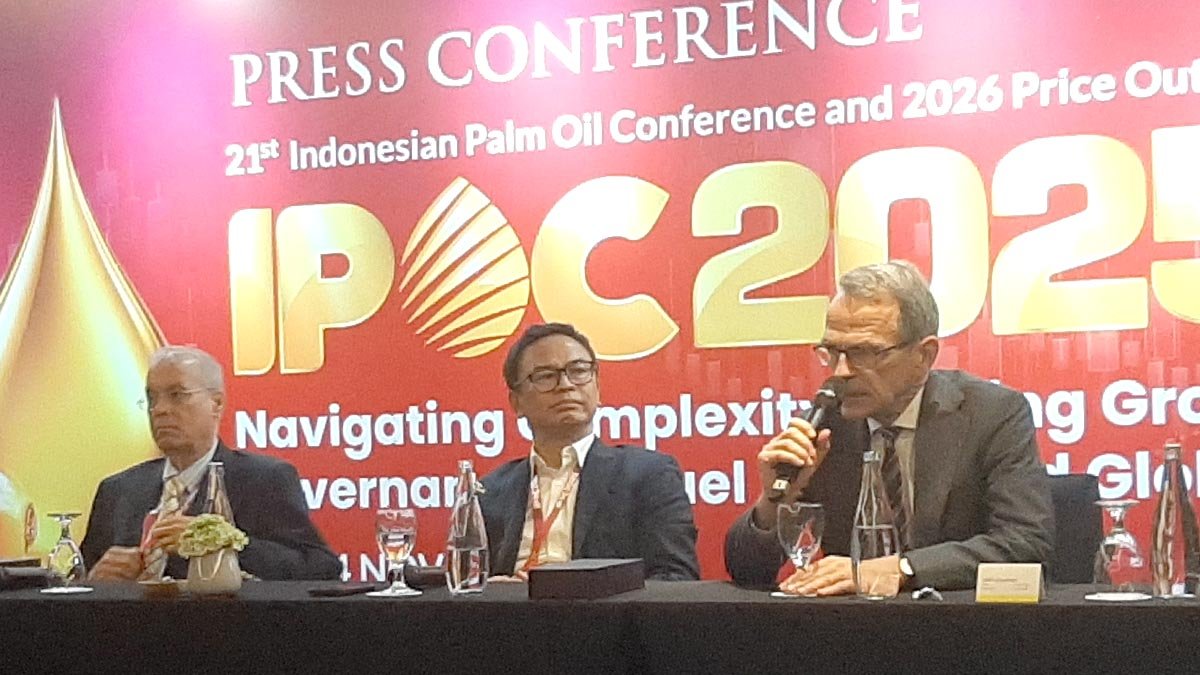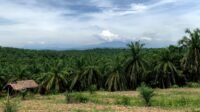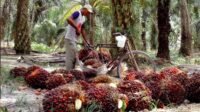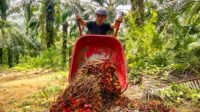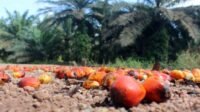PALMOILMGAZINE, BALI, — At the Indonesia Palm Oil Conference (IPOC) 2025 & Price Outlook 2026 in Nusa Dua, Bali, Thomas Mielke—Editor and CEO of OIL WORLD—delivered a clear warning: Indonesia’s plan to expand its biodiesel mandate to B50 still faces major supply constraints. While he described B50 as “a good idea in principle,” Mielke stressed that the policy is not yet aligned with the country’s current vegetable oil production capacity.
According to Mielke, Indonesia would need at least an additional 2.2 million tons of vegetable oil—potentially more—to support B50 implementation. “This figure does not match today’s production capability,” he told Palmoilmagazine.com. He emphasized that Indonesia should have expanded its planting and boosted production years earlier to ensure a gradual output increase before moving toward a higher blending mandate.
Mielke cautioned that enforcing B50 as early as the second half of 2026 could generate severe repercussions for global markets. “It would trigger an extremely bullish impact on vegetable oil prices worldwide, which would then spill over into domestic markets,” he said. Such unavoidable price surges would make it harder for the government to keep cooking oil and other palm-based products affordable for Indonesian consumers. “There will be a conflict of interest between energy needs and food price stability,” he added.
Also Read:
Looking ahead, Mielke projected that Indonesia’s palm oil output will actually decline in 2026—and even more sharply in 2027. He attributed this to several issues, including government interventions in the primary sector, land seizures and changes in ownership, and adjustments in revenue-sharing schemes. Reduced fertilizer application in recent years has also weighed heavily on productivity.
Given these factors, Mielke argued that Indonesia has “virtually no room” to implement B50 without causing significant price escalation. “Prices will surge—first in global markets, then inevitably in the domestic market,” he said.
As the world’s largest exporter of vegetable oils, Indonesia plays a crucial role in maintaining global supply balance. Mielke described this position as “a major achievement,” built through decades of government–industry collaboration. However, he warned that any substantial reduction in Indonesia’s export volumes could disrupt international markets. “A large-scale cut in exports would have serious consequences for global supply–demand equilibrium.”
Mielke concluded that launching B50 amid stagnant production could spark “extreme price reactions,” affecting consumers both in importing countries and at home in Indonesia.
“This is a highly complex issue,” he said, closing his detailed explanation of the supply–demand outlook and the risks B50 poses for global vegetable oil price structures. (P3)

